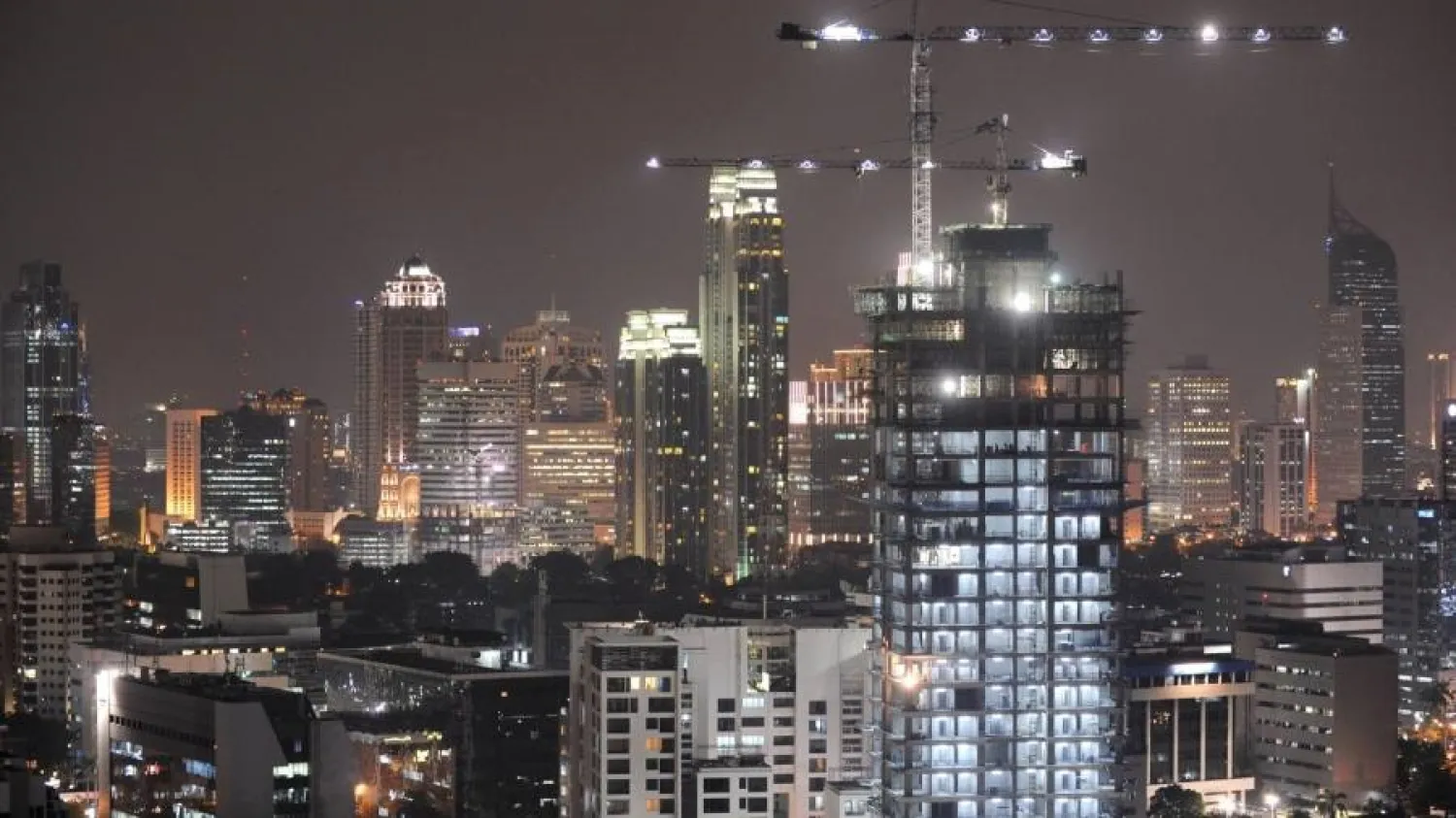The United Arab Emirates will invest $10 billion in Indonesia's new sovereign wealth fund to be spent on projects inside Southeast Asia's biggest economy, the UAE state news agency reported on Tuesday.
This marks the biggest foreign investment commitment for the Indonesia Investment Authority (INA) and the first since its February launch.
Authorities have previously said the INA had also received commitments of up to $10 billion prior to its launch, from global companies and agencies, such as the US International Development Finance Corporation and Japan Bank for International Cooperation, and some foreign pension funds.
Jakarta will seed the fund with $5 billion in cash and other assets. Unlike many other sovereign wealth funds, which manage excess oil revenues or foreign exchange reserves, the INA seeks foreign funds as co-investors to finance the country's economic development and aid pandemic recovery.
The UAE investment will be used for infrastructure projects, including roads and ports, and also tourism, agriculture and other "strategic sectors", the state news agency WAM reported.
The time frame of the investment was not immediately clear.
Indonesia welcomed the announcement and said it should "help narrow the gap between the domestic funding capacity and the need for development programs," a spokesman for the country's coordinating ministry of maritime affairs and investment said.
Indonesian officials have said the INA will give opportunities for foreign investors with different types of risk profile, while also helping state companies, whose balance sheets have been under strain due to large investments in infrastructure, deleverage through asset recycling.
Fitch Ratings said on Monday the launch of the INA is unlikely to reduce those companies' debt levels in the short term, but Indonesia's capacity to mobilize funds may be amplified if the fund is able to channel overseas capital into infrastructure.
However, it expected such mobilization to materialize in the longer term after the INA develops a record of funding and managing projects.
The INA has been reviewing investment opportunities at dozens of toll road concessions worth $2.6 billion, among other projects, officials said.









